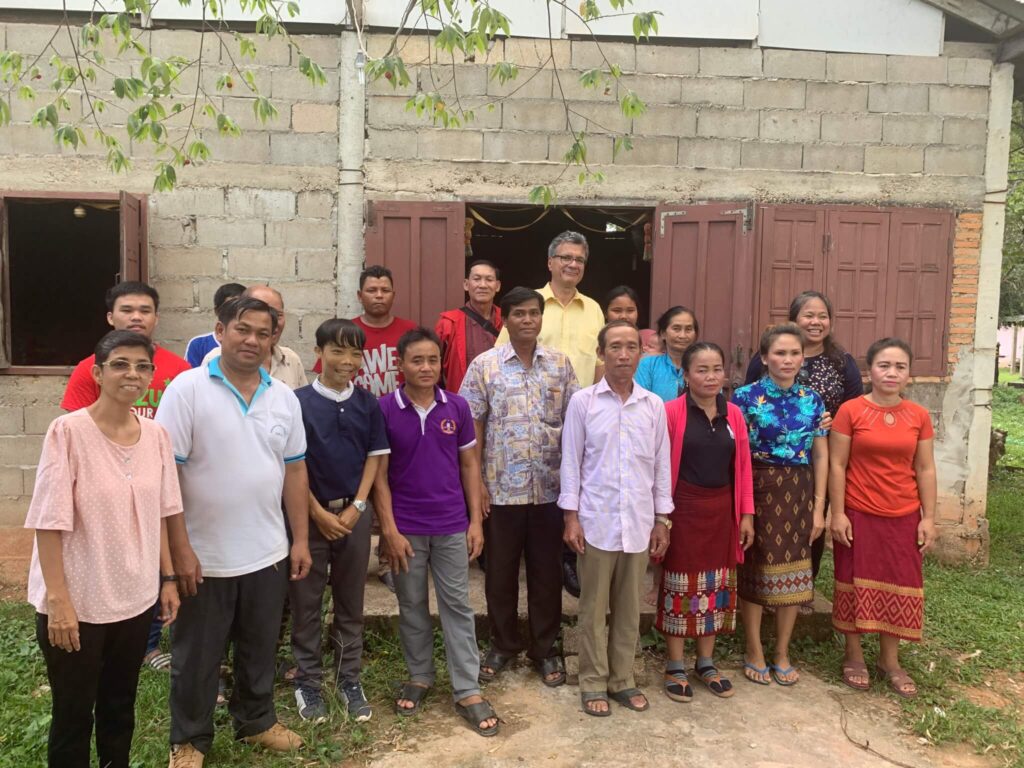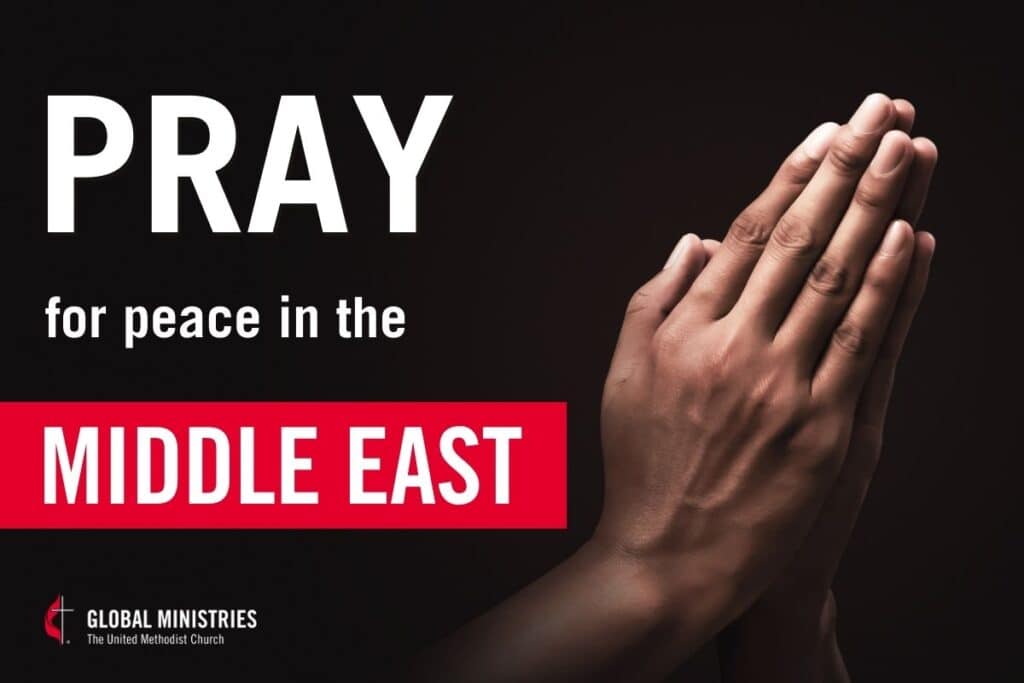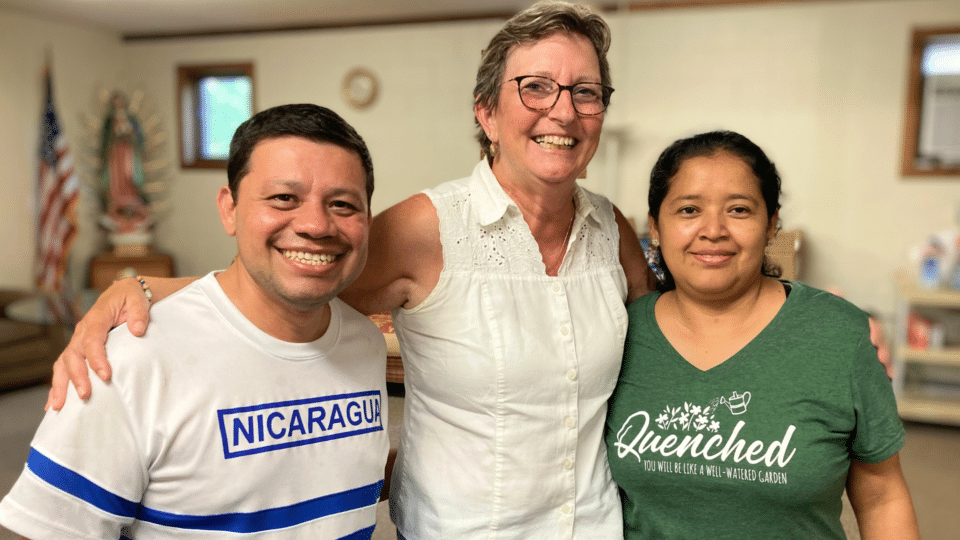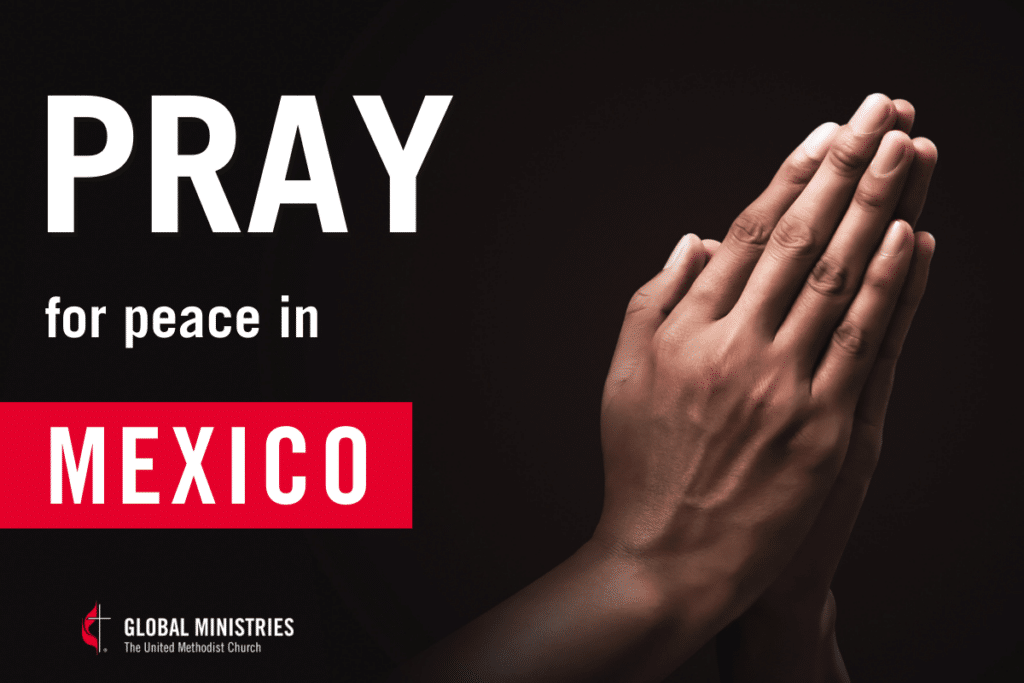By Elliott Wright
March 24, 2020 | ATLANTA
The theology of “Missio dei” (“God’s mission”) and the practice of collaboration are central themes in a final program report of the executive who has led The United Methodist Church’s worldwide mission agency for 10 years.
Thomas Kemper sent a draft of his general secretary’s report to directors of Global Ministries on March 19, a day before a teleconference that served as the board’s semiannual meeting. A face-to-face meeting of the 37 directors from many lands was not possible because of the COVID-19 pandemic.
The 25-page document summarizes the priorities and developments of Kemper’s decade at the helm of Global Ministries, which includes the United Methodist Committee on Relief (UMCOR), the church’s humanitarian and development agency. Kemper has decided not to stand for reelection to the position of general secretary, and will be succeeded on Sept. 1 by Roland Fernandes, the current treasurer and chief operating officer, whom the directors elected as general secretary on March 20.
Kemper’s report stressed that all of the work of Global Ministries/UMCOR is rooted in the Missio dei, which acknowledges that mission “begins with God, belongs to God, and will be fulfilled by God at the end of time.” God is the primary actor in mission; Global Ministries is a “facilitator,” not the “owner,” of mission.
Collaboration describes the objective and operation style of mission facilitation. Kemper mentioned a broad range of collaborations and partnerships that have been strengthened or introduced in the past 10 years. These included missionary service, church growth and development, global health, disaster response, and human rights.
Kemper included remarks on the COVID-19 pandemic, seeing a lesson in it on shared humanity: “The threat is shared by all humanity; when it comes, a vaccine or cure must be made available to the entire human family. A part of our responsibility as Christians, as United Methodists, is to work for equity and justice in the care of all who suffer. The coronavirus epidemic and panic also call us as United Methodists to question our immediate denominational priorities and plans. Given the global health crisis, including enormous fear among millions, a question arises: is our best path to holiness by way of a [General] Conference in Minneapolis, or elsewhere, that divides the denomination and threatens our work as United Methodists? Is that the work to which God is calling us?”
The full text of Kemper’s report can be read here.




